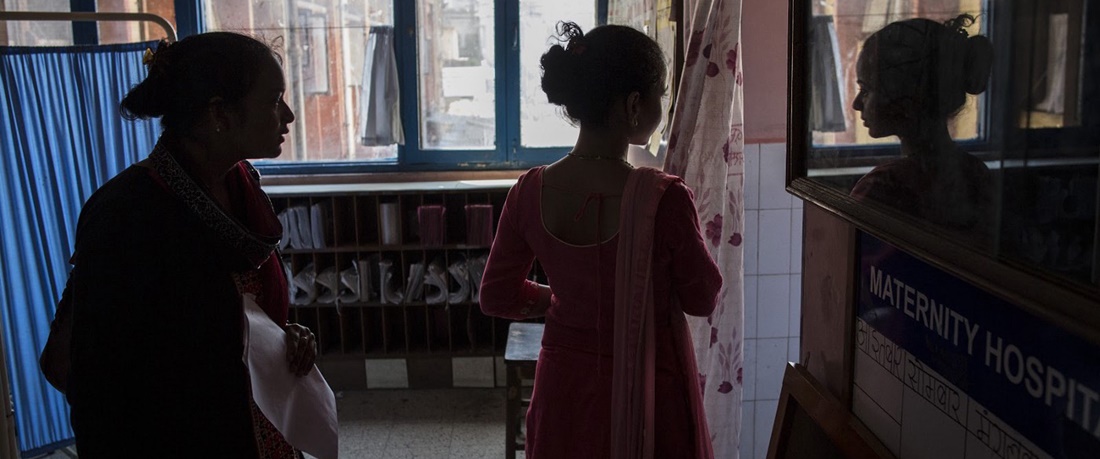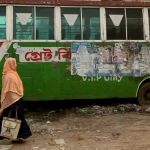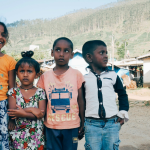The right to reproductive healthcare is a fundamental right in Nepal according to its 2007 Constitution. Although this provision has been upheld under Article 38(2) of the current constitution (which came into effect in 2015), Nepal currently lacks appropriate legislation to enforce this right. Both the Country Criminal Code (2017) and Safe Motherhood and Reproductive Health related Act (2018) explicitly criminalise abortion – except under specific circumstances – with imprisonment upto five years or a fine of fifty thousand Rupees.
Laxmi Dhikta v Nepal Government, (2007 A.D), a landmark Supreme Court decision, drew attention to this glaring discrepancy, stating that “it is contradictory and incompatible that the issue of abortion, which has emerged as a new right, is still placed under the strict criminal procedure in the Penal Code (2020) under the Chapter on Homicide”. It also stated that “…access to abortion should be made easy and accessible to women” and that “abortion should not be a concern of criminal law, and it cannot be an issue of homicide”. The Supreme Court accordingly directed the Government of Nepal to enact legislation to protect a woman’s right to reproductive healthcare.
The absence of domestic legislation to uphold and protect Sexual and Reproductive Health and Rights (SRHR) directly also contravenes the Nepalese government’s commitments and declarations at the global level. In July 2021, for instance, it endorsed the recommendations emerging from the Universal Periodic Review at the UN Human Rights Council, which included the need to decriminalise abortion. iProbono believes that the time has come for the government to match its global commitments with action on the ground.
It was in this context that iProbono decided to petition the Supreme Court in Nepal. Led by our Junior Legal Analyst, Bandana Upreti, the team filed a writ before the Constitutional Bench of the Supreme Court of Nepal on 7 March 2021 seeking amendments to the current legislation. In September 2021, after the preliminary hearing, the court issued a ‘show cause order’ to the opposition, requiring it to justify why our demands should not be granted. At the next hearing scheduled in June 2022, judges will hear arguments from the applicant alongside the opposition’s defense and discuss in detail the merits of the case. A positive judgment in this case has the potential to fully decriminalise abortion in Nepal.
Importantly, this particular writ petition was conceived as part of capacity building efforts for iProbono’s Fellows under the Economic and Social Rights Programme in Nepal. Workshops conducted in collaboration with the Chinese University of Hong Kong and City University Law School in London helped further flesh it out and played a critical role in shaping iProbono’s strategic litigation strategy.
iProbono will continue to work with national and international allies to strengthen SRHR policy and legislative frameworks in Nepal, with a view to empowering women and young people.
For more information on iProbono’s work on Sexual and Reproductive Health Rights and other human rights issues in Nepal, please contact Bandana Upreti, Junior Legal Officer, Nepal at bandana.upreti@dev.matsio.com/matsio/oldiprobono and Barun Ghimire, Senior Legal Officer, Nepal at barun.ghimire@dev.matsio.com/matsio/oldiprobono.
Photo credits: Tara Todras-Whitehill.







